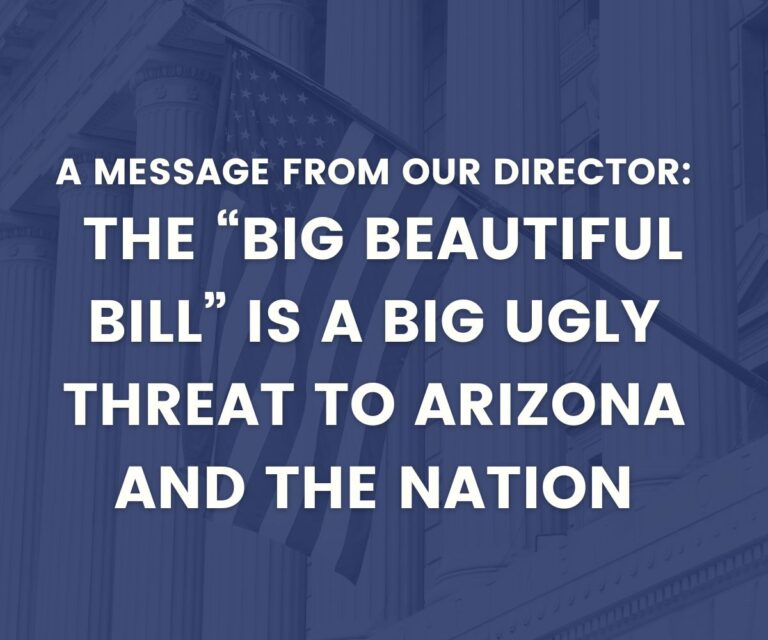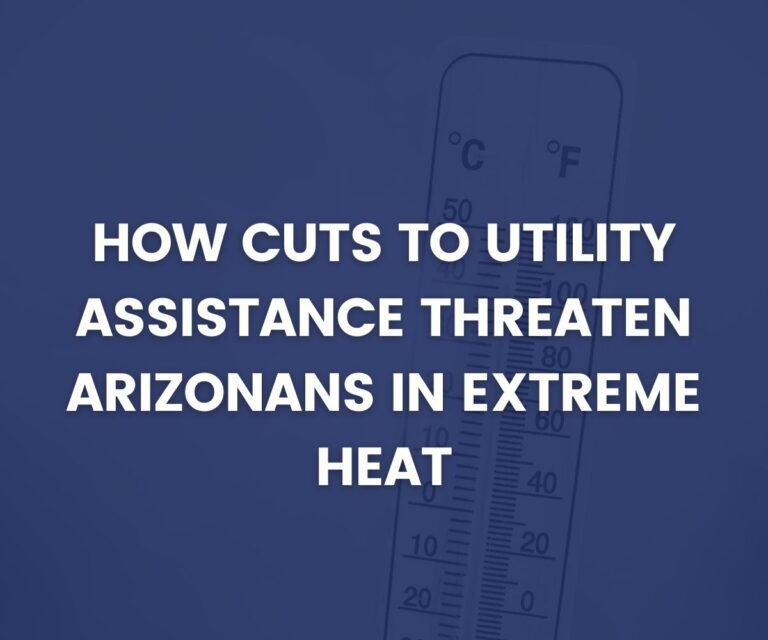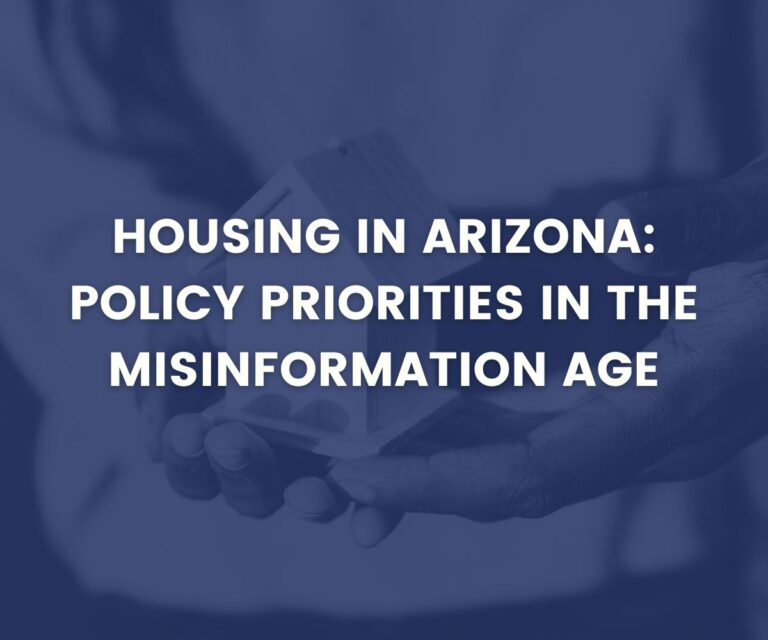Arizona to end $300/week federal UI supplement this weekend, slowing economic recovery, especially for workers of color
FOR IMMEDIATE RELEASE: July 8, 2021
Andrew Sugrue
Assistant Director of Policy & Advocacy
Arizona Center for Economic Progress
M: (352) 316-3566
asugrue@azeconcetner.org
Congress must reform UI to fill the gaps exposed during the pandemic recession
This weekend, Gov. Ducey will cut off Arizonans from the $300/week Federal Pandemic Unemployment Compensation, a supplement created to help workers make ends meet during the pandemic recession. This will slow Arizona’s economic recovery and be especially harmful for Black and Latinx families, who are disproportionately likely to have been laid-off and still face barriers such a lack of available living-wage jobs and affordable childcare.
As of this weekend, over 143,000 workers in Arizona will lose much-needed income as a result of Gov. Ducey’s decision to take away the $300/week UI supplement ahead of its expiration, pulling the rug out from under unemployed Arizonans at a time of persistent hardship.
Today, over 242,000 workers remain unemployed in Arizona. While overall unemployment levels are down from their pandemic peak, today’s rate still exceeds the levels seen in February 2020. As is true across the country, unemployment rates for Latinx Arizonans are significantly higher than rates for white Arizonans, a result of historic and ongoing discriminatory policies and practices that have built barriers to opportunity for families of color.
Congress strengthened Unemployment Insurance to provide additional payments beyond states’ usual partial wage replacement and expanded eligibility to workers who are normally unable to obtain UI benefits, such as workers with very low wages and/or intermittent work, gig workers, and self-employed workers. Those improvements to UI kept money flowing to families and small businesses when they needed it most, setting the stage for an economic rebound when vaccinations made a return to in-person economic activity safer.
“For many Arizona families, the recovery is still far away. Families are still struggling to put food on the table, pay for housing, and keep up with monthly bills at rates far higher than before COVID struck our state,” said Andrew Sugrue, Assistant Director for Policy & Advocacy at the Arizona Center for Economic Progress. “The $300 federal UI supplement was a lifeline that helped many Arizonans stay afloat during the crisis, and now that lifeline has been taken away, with the harm falling disproportionately on Black and brown families. This crisis has revealed problems that already existed in our unemployment system, which left out too many families, particularly families of color. We need our Congressional delegation to strengthen UI at the federal level to fill in the gaps so that more Arizonans can get back on track and share in the recovery.”
COVID laid bare serious shortcomings in Unemployment Insurance and Congress acted to provide temporary solutions to those shortcomings in the face of the unprecedented public health and economic crisis. But stingy benefits, eligibility rules that left out many low-wage workers, gig workers, and self-employed workers, and short eligibility windows were insufficient even before the crisis.
While the state legislature made some modest improvements this past legislative session by raising the weekly benefit to $320/week and allowing part time workers to make $160 before reducing payments, this is a small, insufficient step. Congress must act swiftly to permanently improve the unemployment system.
Congress must take the following steps to protect families:
- Prohibit UI coverage barriers that disproportionately hurt low-wage workers, workers of color, and women: Only about 3 out of 10 unemployed workers received benefits from the regular UI program in Arizona. Coverage barriers are particularly bad for workers of color and for women. Congress must reform UI so that lower-wage workers qualify for benefits and UI claimants who seek part-time work do not lose all their benefits at once, leaving them worse off than they were without a job. Congress must also allow individuals forced to leave work for compelling reasons, such as domestic violence or the loss of child care, to claim benefits.
- Require a minimum national wage replacement rate in every state. Regular UI replaces only about one-third of a worker’s prior wages in Arizona, significantly less than the national average. Every state should be required to meet a national wage replacement rate up to a certain level of prior wages. For example, a draft proposal in the U.S. Senate calls for a 75 percent replacement rate up to two-thirds of a state’s average weekly wage.
- Require a minimum of 26 weeks of regular UI benefits in every state. Until the last recession, all states routinely provided at least 26 weeks of regular UI benefits. However, Arizona will now cut this to 24 weeks. All workers deserve adequate protection after job loss to provide for themselves and their families as they search for new work. Twenty-six weeks of regular UI should be a national minimum standard.
###



